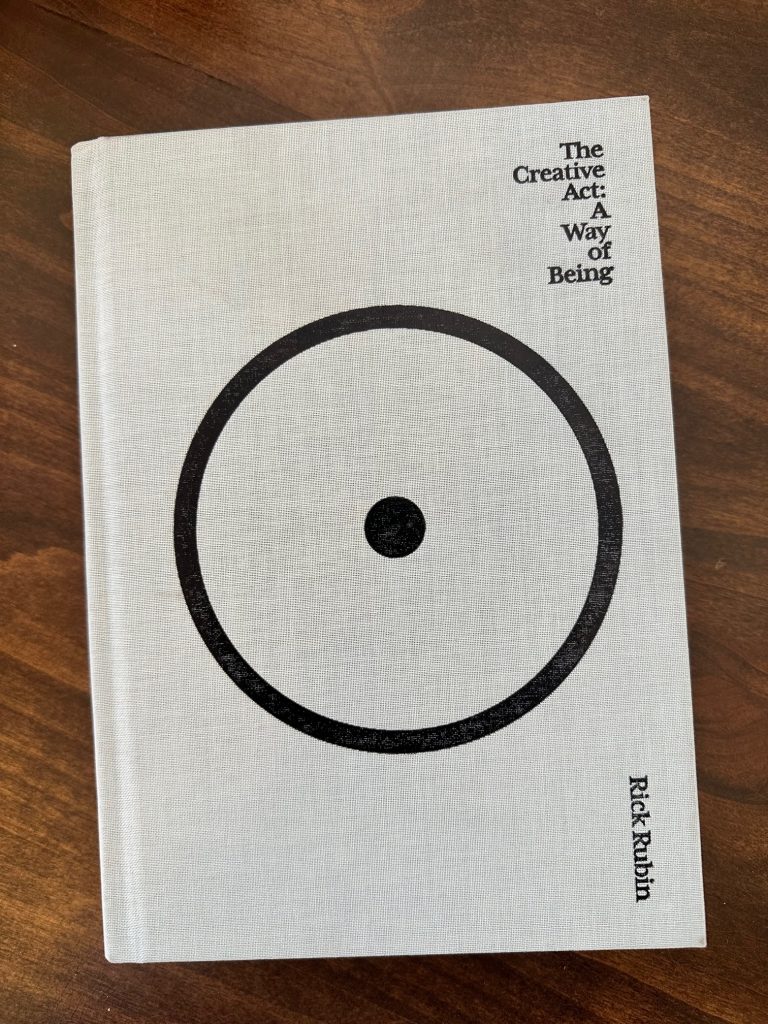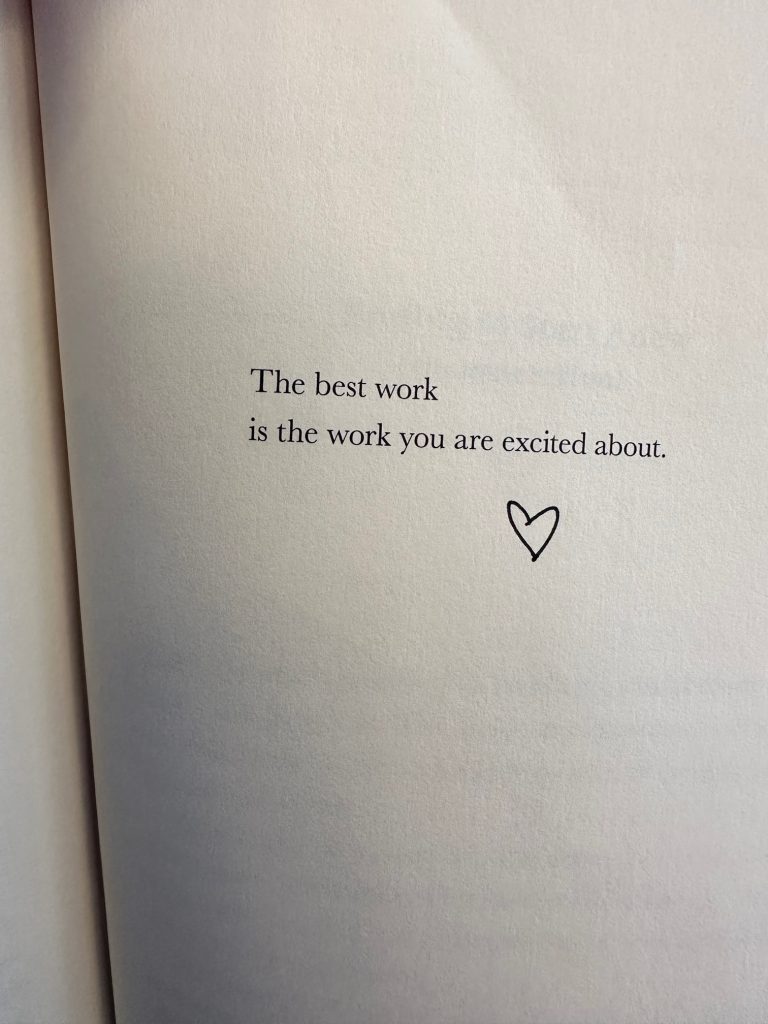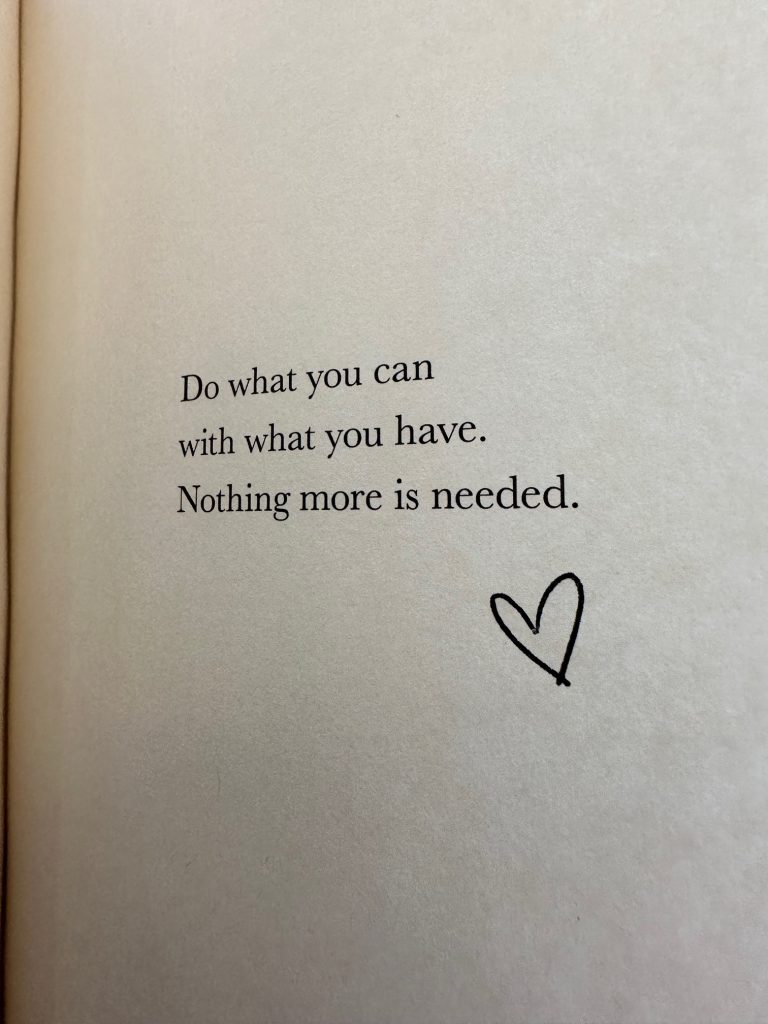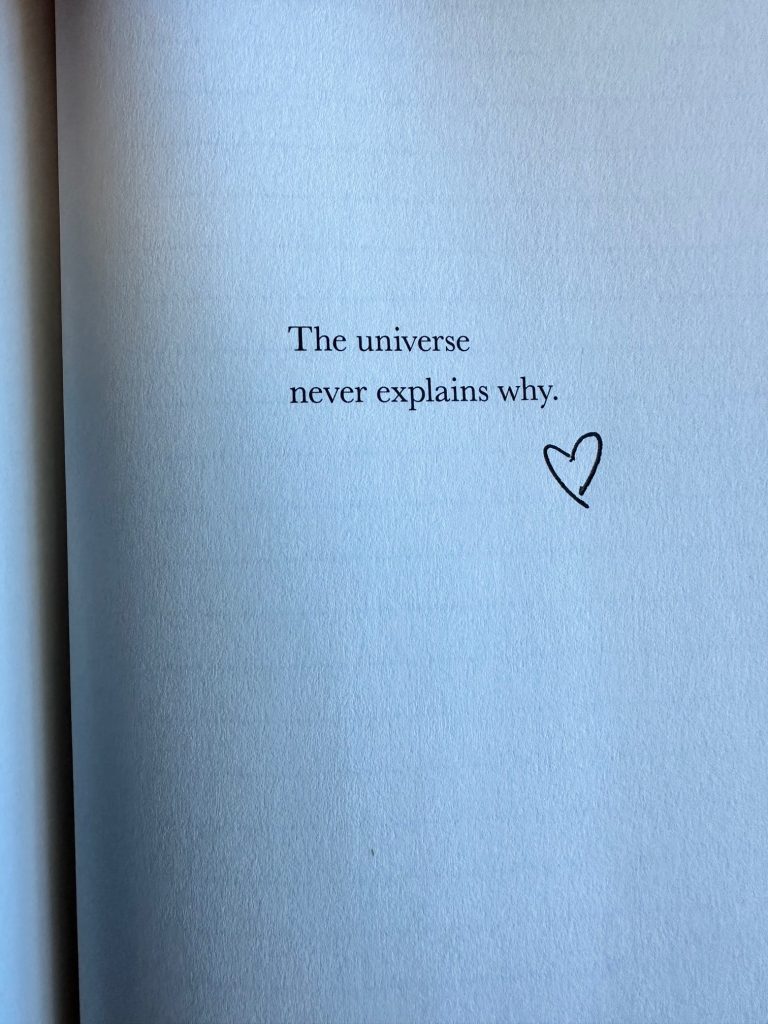 For those who pick up Rick Rubin’s The Creative Act: A Way of Being anticipating a tell-all about the legendary music producer’s experience working with everyone from every genre over four decades in the music business, they are going to be surprised and disappointed. Rubin has worked with Johnny Cash, the Beastie Boys, the Red Hot Chili Peppers, Adele, Run-DMC, Tom Petty, Jay-Z, Danzig, Slayer, Aerosmith, the Dixie Chicks, Black Sabbath, Eminem, Santana, and the list goes on for pages. He’s won eight Grammys. And none of that information is in this book – not even on the inside front or back covers. There is no “about the author,” no bio, no anything that talks about his endless accomplishments. I guess when you’re as good as Rick Rubin, you don’t need to put any of that in a book.
For those who pick up Rick Rubin’s The Creative Act: A Way of Being anticipating a tell-all about the legendary music producer’s experience working with everyone from every genre over four decades in the music business, they are going to be surprised and disappointed. Rubin has worked with Johnny Cash, the Beastie Boys, the Red Hot Chili Peppers, Adele, Run-DMC, Tom Petty, Jay-Z, Danzig, Slayer, Aerosmith, the Dixie Chicks, Black Sabbath, Eminem, Santana, and the list goes on for pages. He’s won eight Grammys. And none of that information is in this book – not even on the inside front or back covers. There is no “about the author,” no bio, no anything that talks about his endless accomplishments. I guess when you’re as good as Rick Rubin, you don’t need to put any of that in a book.
Instead, he wrote about how to be creative. How to be an artist. And how to make it count. He goes full Zen with his insights, observations, and thoughts. Clocking in at 404 pages, the book is a quick read but it’s also an immersive take on what it means to be an artist, what creating art looks like (it’s different for everyone), and why people should continue to create it.
Part instruction manual (although Rubin chooses his words carefully – saying things like “you might consider” instead of “you should”), part uplifting guide, The Creative Act goes from helpful to hippie and back again many times throughout the chapters. For example, he reminds readers that “average is nothing to aspire to” and to “value your own voice.” He also points out the importance of knowing how “to innovate, devise something completely new, and transform the game forever.” He’s a game-changer and he knows it.
On another note regarding content, I appreciate that Rubin mentions the lame notion that artists have to be tortured in order to make quality art. It’s so overdone and untrue and romanticizing that kind of bullshit can be detrimental to future generations. Instead, he reminds the reader that “there is no single route to great art” and that “there is no wrong way to make art.” I also like his transparency regarding making an actual living as an artist: “Consider another way to make a living. Success is harder to come by when your life depends on it.” Fair enough.
Throughout the book, Rubin references and/or quotes Theodore Roosevelt, French writer Georges Perec, painter Yves Klein, Andy Warhol, Swiss psychologist Carl Jung, and producer George Martin, among many others. Clearly he is a well-read man of the arts. One of my favorite quotes he cites is by musician and composer Charles Mingus: “Making the simple complicated is commonplace. Making the complicated simple, awesomely simple, that’s creativity.” Less is more – especially when it comes to writing.
Speaking of which, his observations and advice regarding writing are excellent:
“Get through a first draft. A full, imperfect version is generally more helpful than a seemingly perfect fragment.” Yes.
“Stepping away and returning with fresh eyes brings clearer insight into next steps.” I tell my students this all the time.
“Try finding the simplest, most elegant way to put a point across, with the least amount of information.” Less is more.
“A bridge is easier to build when it’s clear what’s on the other side…The more of the work you can see, the easier it becomes to gracefully place the final details clearly where they belong.”
“Editing is a demonstration of taste…the editor steps back, views the work holistically, and supports its full potential. The editor is the professional in the poet.” 100 percent.
“ruthless edit” – there is a reason Rubin wrote this in italics – “In the ruthless edit…we are deciding what absolutely has to be there in order for the work to still be itself, what is completely necessary.” I feel like someone’s band should be called Ruthless Edit.
A little help from his friend
In terms of style, Rubin writes beautifully and I assume Neil Strauss helped a lot with his prose and overall layout of the book. Strauss is a New York Times best-selling writer (I loved The Dirt which was all about Motley Crue), a contributor to Rolling Stone (I remember reading so many of his cover stories over the years), and a columnist for The New York Times. Strauss is a truth-teller for sure and I would have loved to be a fly on the wall during his conversations with Rubin.
Another stylistic note is that the book is divided into 78 chapters (which he calls “Areas of Thought”) that serve the narrative well. I’ve always been a fan of short chapters because I think they deliver more punch for the reader.
At the beginning of this review, I stated that the people who were expecting a music producer expose on the artists Rubin has worked with will be disappointed, but that’s not totally accurate. I was expecting to learn more about Rubin’s background and career but I guess I shouldn’t have. Every book by a famous person doesn’t have to be a biography or autobiography and Rubin has made a living out of producing the unexpected so why not teach people how to be creative and remind them why art is so important.
There are so many excellent quotes so narrowing them down was hard. But as I know, and Rubin reiterates, less it more.
Quotes:
“There is never a shortage of awe and inspiration to be found outdoors.”
“It’s helpful to view currents in the culture without feeling obligated to follow the direction of their flow.”
“Ultimately, your desire to create must be greater than your fear of it.”
“The world isn’t waiting for more of the same.”
“It’s helpful to remember that when you throw away an old playbook, you still get to keep the skills you learned along the way.”
“To listen impatiently is to hear nothing at all.”
“Discipline and freedom seem like opposites. In reality, they are partners. Discipline is not a lack of freedom; it is a harmonious relationship with time.”
“Most people aren’t interested in being told what to think or feel.”
“Going from two to three is easier than going from zero to two.”
“Most variables are completely out of our control. The only ones we can control are doing our best work, sharing it, starting the next, and not looking back.”
“Your trust in your instincts and excitement are what resonate with others.”
“Powerful reactions often indicate deeper wells of meaning.”
“it’s never too late to reset”
“The weight of our expectations can grow heavy…trust in the process.”
“The heart of open-mindedness is curiosity.”
“When something doesn’t go according to plan, we have a choice to either resist it or incorporate it.”
“If inspiration calls, we ride the lightning until the energy is exhausted.”
“Even spontaneity gets better with practice.”
“Creativity is contagious.”
“Being part of an artistic community can be one of the great joys of life.”
“Cooperation supports the highest outcome…We all benefit when the best idea is chosen, regardless of whether it’s ours or not.”
“It requires patience and diligence to get past the story of what you think you’re hearing and get close to understanding what’s actually being said.”


Leave a Reply